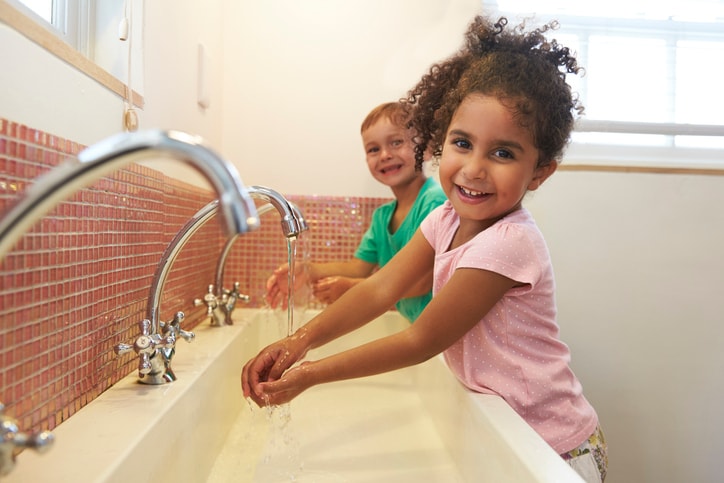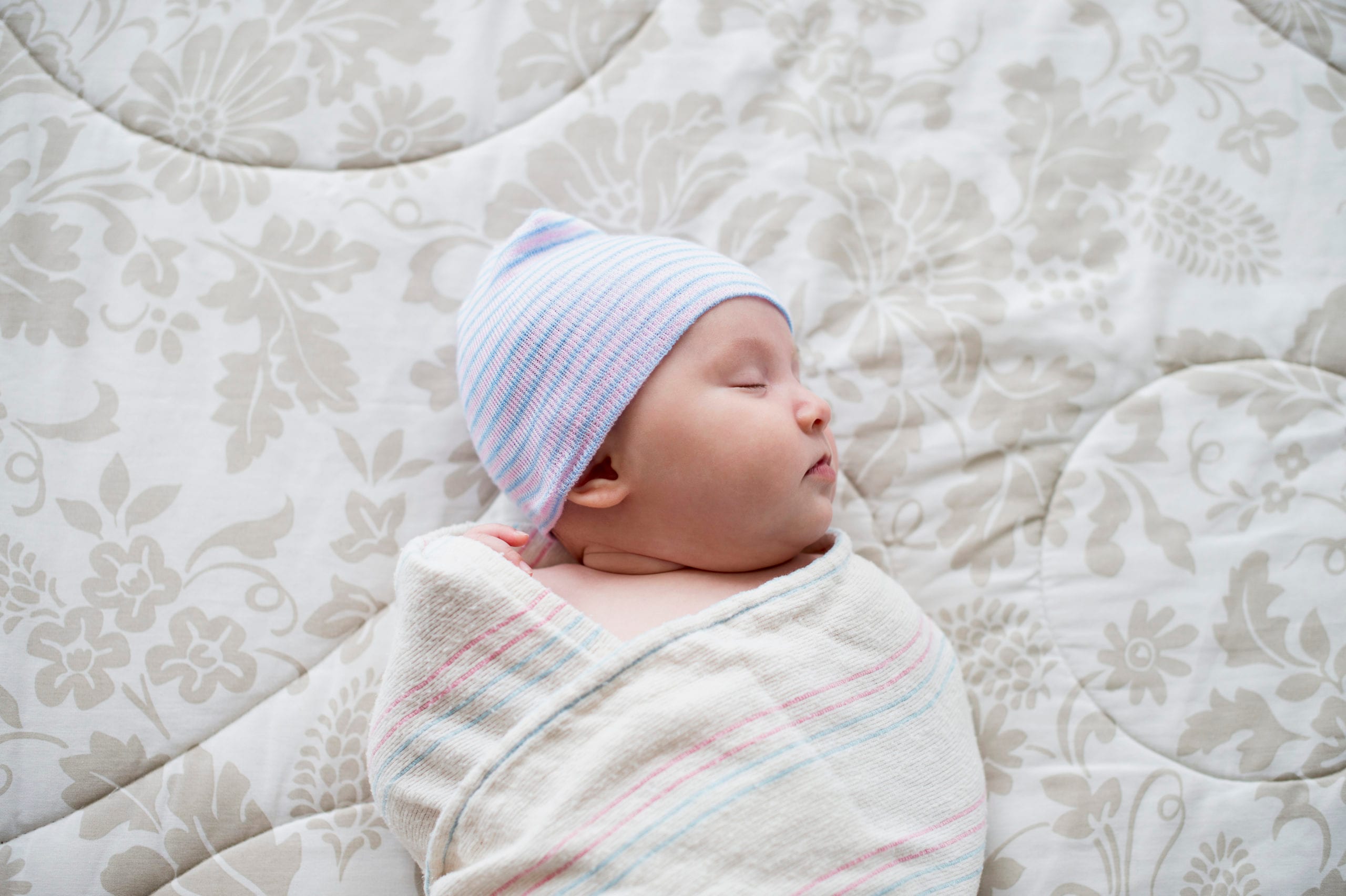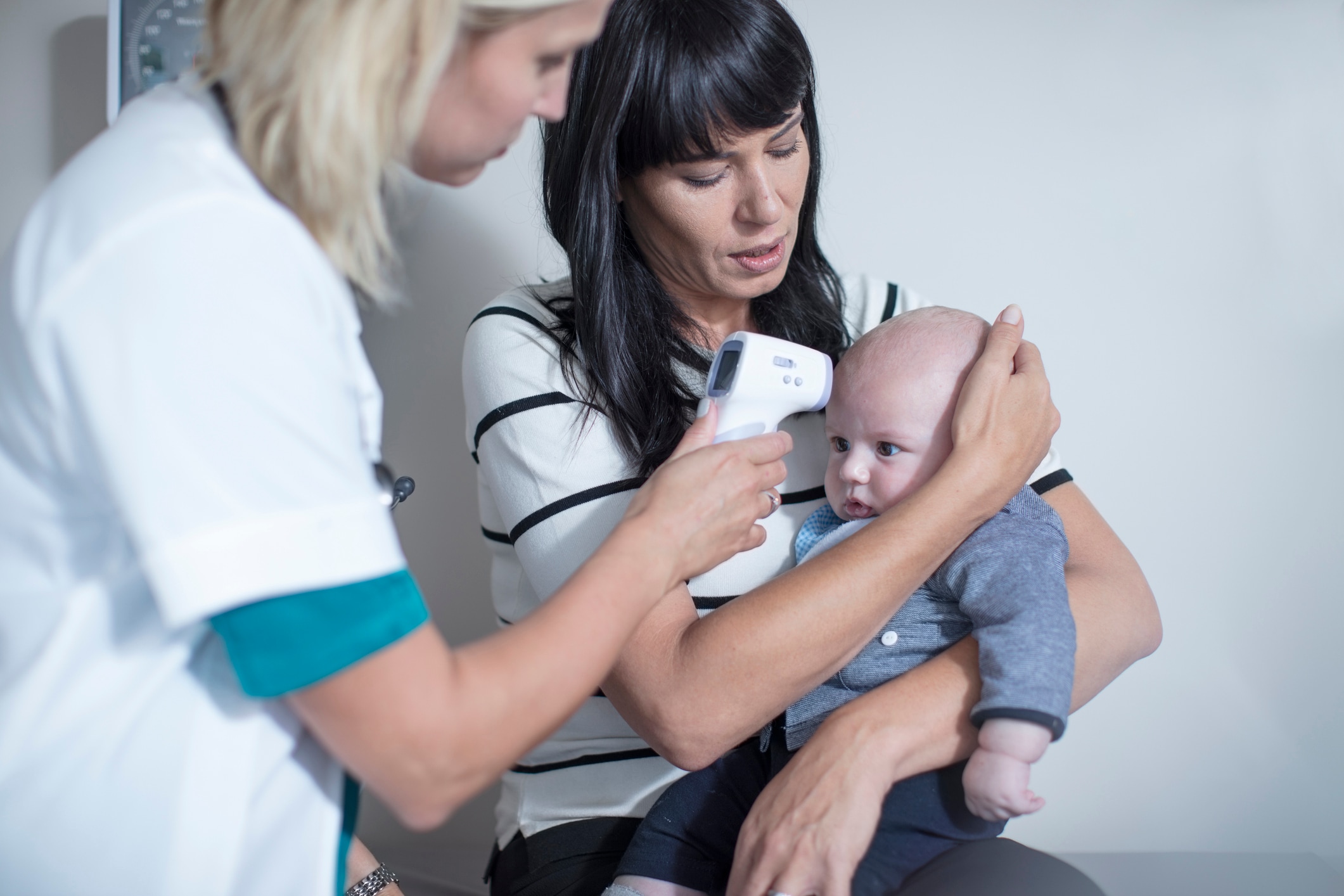In this article
The start of kindergarten is a wonderful milestone that brings up a lot of emotions. You might feel excited to see your little one finally joining a classroom of their peers. You might also have a lot of questions around what’s expected of them. One question, in particular, might be running through your mind as you prepare for your kiddo’s next transition: Can a child go to kindergarten not potty trained?
“In most classrooms — including mine — it’s expected that kids entering Kindergarten are toilet trained,” says Kimberly King, a kindergarten and pre-K teacher at St. Paul School in Westport, Connecticut. “There’s no shame if your child isn’t quite there yet, but now is definitely the time to focus on it.”
Perhaps your little one is still struggling with their Pull-Ups. Maybe they flat out refuse to sit on the potty just yet. Whatever the situation, here’s what you need to know about kindergarten potty training policies, why it’s important for kids to achieve this skill and how you can prepare your little one for school if they’re still having trouble.
Key takeaways
- Most schools expect kids to be fully or at least partly potty trained by the time they begin kindergarten, but some exceptions can be made.
- Potty training prior to kindergarten helps kids gain autonomy, confidence and safety, plus it helps them avoid potential embarrassment from accidents.
- Parents can help prep kids for kindergarten by working on potty training at home, creating a plan for potential accidents at school and openly communicating with teachers.
Do kids have to be potty trained for kindergarten?
Every school and school district has different rules around potty training. In Ohio, for example, public schools may not deny enrollment to kindergarten students who are not fully toilet trained. That’s different than in Utah, where a law passed just last year states that all children must be fully potty trained by the time they enter kindergarten (though some exceptions are made).
“Being potty trained sets the stage for a smoother, more confident transition into the school environment. It supports a child’s autonomy, self-esteem and helps teachers focus more on learning than toileting logistics.”
— Missy Yandow, potty training consultant
Despite these differences, says Missy Yandow, a dual-certified potty training consultant and owner of Slumber and Bloom, most public and private schools consider being potty trained an expected prerequisite for kindergarten. “Some schools even require being potty trained before preschool,” adds Yandow, who is also a former pre-K and kindergarten teacher.
Can a child go to kindergarten not potty trained?
While potty training is considered a prerequisite for most kindergarten classes, the experts we spoke to agree schools will make accommodations for children with certain diagnosed developmental delays, illnesses or disabilities.
“Children who have diabetes and children who have a delay in some of their motor skills and sensation interpretation can take longer to potty train,” says Jennifer Walker, pediatric nurse and cofounder of the parent resource site Moms on Call. For this reason, she explains, knowing the potty training rules at school and whether exceptions are possible is great information to seek “as you navigate the timing and assistance that will make your child’s transition to kindergarten a success.”
In the case of exceptions, “there’s usually a plan in place, and the school may work to match your child with a teacher who’s best equipped to support them,” King adds.
Why do kids have to be potty trained for kindergarten?
There are multiple reasons for getting your child potty trained before they begin kindergarten.
Increased confidence and autonomy
“Being potty trained sets the stage for a smoother, more confident transition into the school environment,” says Yandow. “It supports a child’s autonomy, self-esteem and helps teachers focus more on learning than toileting logistics.”
Increased personal safety
Speaking of autonomy, King says teaching children bodily autonomy is also safety skill which may reduce the potential for child sexual abuse. In fact, according to the American Academy of Pediatrics (AAP), having a sense of bodily autonomy can not only help children avoid falling prey to abuse, it can also help them gain the confidence to reach out to a trusted adult in the event there ever is abuse. “Not being trained to take care of their own potty needs puts the child at risk,” says King.
Avoiding accidents and embarrassment
Chrissie Ott, board-certified pediatrician, adds that she always counsels families to complete potty training prior to kindergarten in order to avoid accidents and the associated embarrassment a child may experience from them.
What to do if your child starting kindergarten isn’t potty trained
1. Get to the root of the issue
“If your kid is not fully potty trained by kindergarten, you’ll want to explore this with your pediatrician or primary care provider,” says Ott. “Nervous system or bladder issues could be at the root and need a complete work up.”
Additionally, Ott says if you need further assistance, you can self-refer to your local Early Childhood Intervention Services to connect with individuals who may be able to support your child.
“Children with developmental delays typically require more time and understanding as we help them to navigate the activities of daily living,” Walker adds.
“If your child is still having frequent accidents or struggling with independence in the bathroom, definitely reach out to the school before the first day.”
— Kimberly King, kindergarten and pre-K teacher
2. Start fresh and try again
If you’ve still got a few days or weeks before school begins, consider kickstarting your potty training efforts again. Yandow says with the right plan and consistency, many kids can make meaningful progress in just a few days.
“I recommend setting aside a focused 3–5 day window for an at-home ‘potty reset.’ This means taking a break from outings, removing diapers completely during waking hours and staying consistent with bathroom routines, reminders and praise,” says Yandow.
Additionally, she offers the following potty training tips:
- Watch for signs of readiness. For example, staying dry for longer periods of time, showing interest in the toilet or disliking dirty diapers.
- Offer lots of fluids. As you do this, try to stay in one central location — near the bathroom!
- Keep the tone positive and pressure-free. Celebrate effort, not just results.
- Be prepared for accidents. Use them as learning moments — no shame or punishment.
3. Get help from a potty training expert
If you’re still struggling, Yandow reminds parents that potty training consultants like herself can help create personalized plans to guide your family through the process quickly and gently.
If hiring an outside source isn’t feasible, there are also plenty of at-home programs and resources you can try:
- Research different potty training methods online.
- Check out potty training books at the library, such as “Potty” by Leslie Patricelli or “Potty Time With Bean” by Ms. Rachel.
- Use this online quiz to figure out the best ways to motivate children based on personality.
- Try a professional guide, like Walker’s “Potty By Design” potty training guide.
- Check out expert potty training resources like “The AAP Guide to Toilet Training” and “The First-Time Parent’s Guide to Potty Training” by Jazmine McCoy.
4. Communicate with your child’s teacher
“If your child is still having frequent accidents or struggling with independence in the bathroom, definitely reach out to the school before the first day,” says King. “Let the teacher know what’s going on, what you’re working on at home and how they can help support your child.”
Yandow adds that parents should make sure to ask questions regarding resources and accommodations that are available for kids who need extra help with potty training, such as whether they help children in the bathroom or not. Share any concerns you might have in order to address them as soon as possible.
5. Make a plan for accidents
Lastly, work with your child and their teacher to make a plan for accidents. King recommends practicing this plan at home with your child before they start school, and she offers the following post-accident steps as a quick guide:
- Tell the teacher they had an accident.
- Go get their prepared bag of clean clothes. (Be sure to pack this ahead of time!)
- Take dirty clothes off and put them in a sealable plastic bag.
- Put clean clothes on.
- Wash hands.
- Put the ziplock in your backpack to go home.
Having a plan can help reduce any confusion and shame around the accident. It also helps kids feel safe and confident, as they don’t have to rely on as much support from adults.





